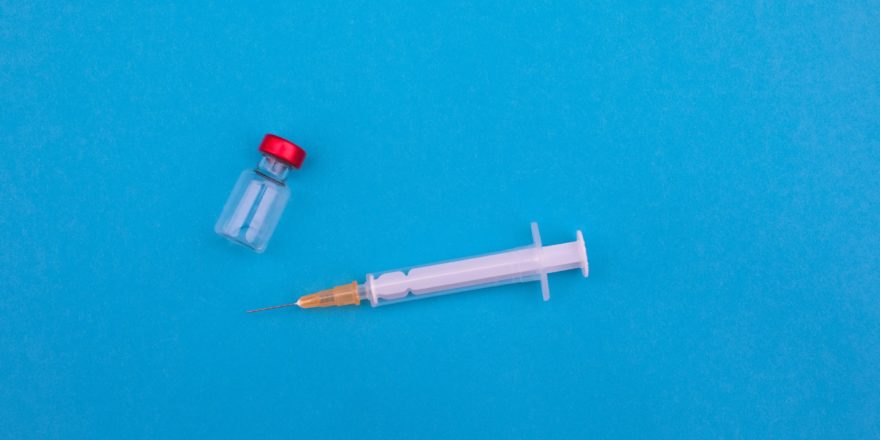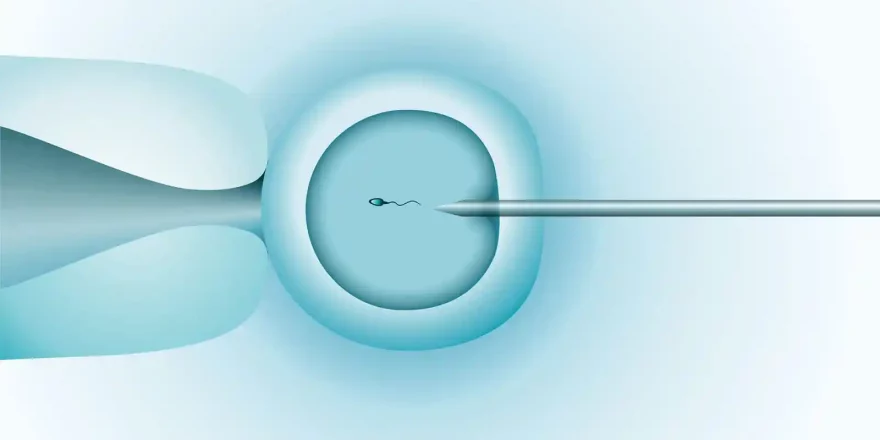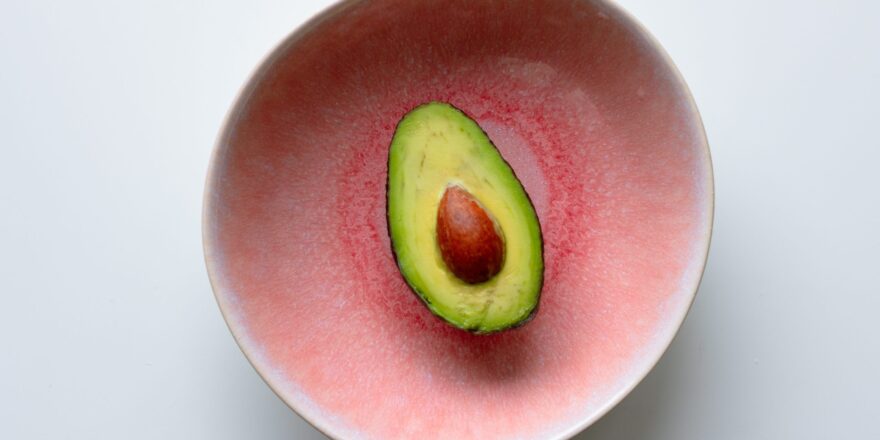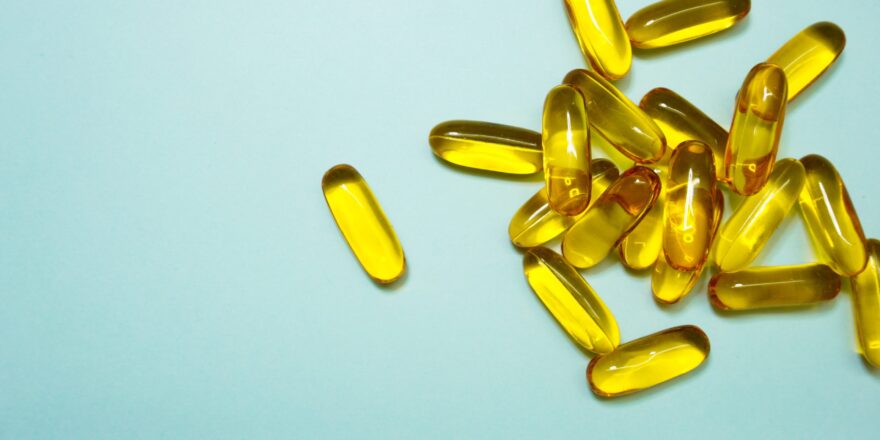There are two Flare Protocols, and they’re usually chosen after a poor response to previous treatments or blood results show low ovarian reserve. The “Flare” or “Antagonist” protocol doesn’t suppress the pituitary gland before stimulation, and this gets a better response for women with low ovarian reserve. This pr...
ICSI – Female
Intra-Cytoplasmic Sperm Injection (ICSI) has probably been the most significant development in IVF since it began in 1992. The advantage of ICSI is that as long as some sperm can be obtained (even in low numbers), a man can be a biological father. The technique has revolutionised male factor infertility and often removed the need for donor spe...
Age and Fertility
Age alters conception rates because hormone levels, sexual reserves and structures change over time. This is true for both sexes, and most women experience a gradual fall in fertility from their late teens to about 32 as egg numbers fall. This trend escalates from about 35, as egg numbers become increasingly important. i However, male fertilit...
Alcohol and Fertility
Alcohol has played its part in many a pregnancy, but when a couple really wants a baby, it’s not helpful as it affects eggs and sperm health, which can have long-term consequences for children. The impact of small amounts of alcohol on fertility isn’t known and probably varies with personal tolerance to alcohol, and the official advice is it’s...
Caffeine and Fertility
Caffeine is a stimulant in coffee, tea, chocolate and some soft drinks and an integral part of most cultures. Caffeine can reduce female fertility as the ‘pick-me-up’ or energy boost is stimulating in a similar way to drugs like cocaine, and regular intake can cause dependence as they feel flat and lethargic without it. Tea, chocolate and cof...
Diet and Fertility
Diet choices significantly affect health and fertility levels, and adjusting diet to increase the variety of minerals, oils, and vitamins is a potent way to raise conception rates and health. Diet underpins all bodily processes, including sexual health, with polycystic ovary syndrome (PCOS) usually involving high blood sugar levels from diet c...
Emotions and Fertility
Emotions directly affect fertility levels, which can be a challenge, as getting pregnant is both an emotional and a physical journey. The emotional ride varies from person to person, but after a year of trying and no conception, the emotional journey gets tougher for everyone. The word “infertility” starts to be used, and expectati...
Exercise and Fertility
Exercise directly affects health and fertility, making it a great tool to improve hormone levels, adjust weight and reduce appetite. Excess weight is the problem most people face, and increasing exercise improves the fertility of most men and women, but we’re not all the same, and this isn’t true for everyone. The morefertile® Pers...
Smoking and Fertility
Smoking and fertility have an interesting relationship, and most smokers start in their teens or as young adults when looking older, sexier and more sophisticated is part of the appeal. They weren’t entirely wrong, as chemicals in the smoke physically age people by damaging cells and accelerating their death. In time, and with the inevitable a...
Supplements and Fertility
Supplements are usually seen as a good news story for fertility, and they’re widely advised for pregnancy and preconception to improve the health of parents and their babies, but they are necessary? Two 2016 reviews reached very different conclusions: A BMJ study concluded that prenatal and pregnancy supplements are generally unnecessary and ...










